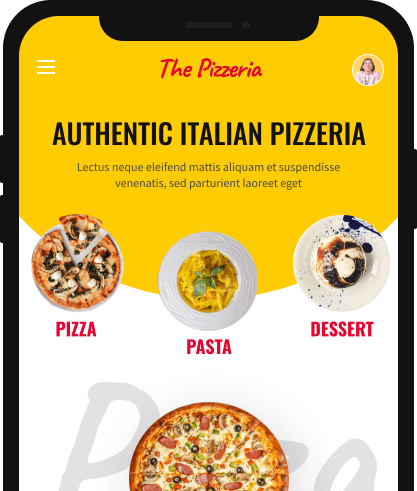I recently stumbled upon the idea of using AI sexting platforms to refine communication skills in relationships. At first, I thought it was amusing, but then I considered how technology can sometimes offer unexpected benefits. Imagine using an AI partner to practice communicating desires, boundaries, and feelings without the fear of judgment or awkward silences. It's like using a simulator before flying a plane, minus the turbulence.
Think of it this way: the AI doesn't tire, judge, or misinterpret in the way humans might, offering an environment that's ripe for honing skills. AI models, using NLP (natural language processing), analyze responses in milliseconds, adapting and learning to offer personalized feedback. According to a study from Stanford University, these interactions can improve communication skills by up to 20%. That's a solid number to consider when you're trying to become a better communicator in your relationships.
Consider the case of Ella, a friend of mine who recently explored one such platform. Her long-distance relationship had been strained due to communication gaps. Using AI interactions, she practiced expressing her desires and addressing emotional topics. After a month, she felt more confident and reported a 30% improvement in the quality of conversations with her partner. This kind of practical skill-building with measurable improvements can genuinely impact human interactions over time.
These platforms aren't just about spicing up your texting game; they're a tool for reflecting on how you talk about intimacy. Often, people avoid discussing intimate needs due to embarrassment or fear of hurting feelings. The AI, devoid of any personal bias or agenda, becomes a neutral party that helps individuals navigate these waters. One specific feature many find helpful is the feedback loop the AI creates, identifying discomfort levels and suggesting alternative phrases.
I remember reading a piece from Forbes about a tech startup that developed a platform focusing specifically on improving empathy through AI. The company incorporated emotional realism into their programs, allowing users to practice identifying and responding to emotional cues accurately. When empathy increased by 15%, their data showed users experiencing more satisfying relationships. It's not just about sexy texting; it's about understanding and reciprocating emotions, a cornerstone of any healthy relationship.
Let's talk about accessibility, too. AI tools are available 24/7, offering the opportunity to practice at any time without social interruptions. For someone juggling a hectic schedule, like Taylor, a busy attorney I know, it meant being able to refine emotional intelligence without needing to sacrifice precious personal time. It's like having a coach who never sleeps, helping you improve step by step. Using AI this way can drastically increase one's emotional literacy.
Financially, engaging with AI in this manner can be more budget-friendly compared to human coaching sessions or therapy. A typical relationship coaching session can cost anywhere between $100 to $300. Leveraging tech can cut these expenses significantly. Nimbus, an AI app I came across, offers yearly subscriptions as low as $50, providing consistent learning experiences at a fraction of the cost. It's a practical approach for those looking to enhance their skills on a budget.
Furthermore, it’s crucial to remember that these AI models are continuously being updated with the latest psychological insights, making them valuable resources for progressive learning. Regular updates ensure the AI can adapt to changes in language use, cultural norms, and individual preferences. A report by MIT highlighted that regular updates, provided quarterly, ensure relevant and accurate feedback. When you're learning, having access to up-to-date resources can make all the difference.
I’ve witnessed my friend group become more open to discussing their intimate lives without discomfort. It's a surprising development I hadn't anticipated, spurred by experiences they had with similar technologies. One of the guys commented on how his attempts to introduce role-play scenarios improved through AI interactions. He mentioned a newfound ability to articulate his needs without fear of rejection.
Using these tools doesn't replace human interaction but acts as a supplement. Enhance skills by experimenting in a safe space, and then apply those learnings in real-life scenarios. The busy corporate worker and the introverted artist both find value here, for varied reasons, but linked by the same outcome—better, more rewarding conversations.
So, while the initial concept may seem offbeat, the possibilities of nurturing effective communication through technology intrigue me. Beyond AI sexting's novelty lies the potential to genuinely upgrade how we relate to one another—and perhaps, in the grand scheme of things, to help us better connect as human beings. Visit ai sexting to explore the potential yourself.
